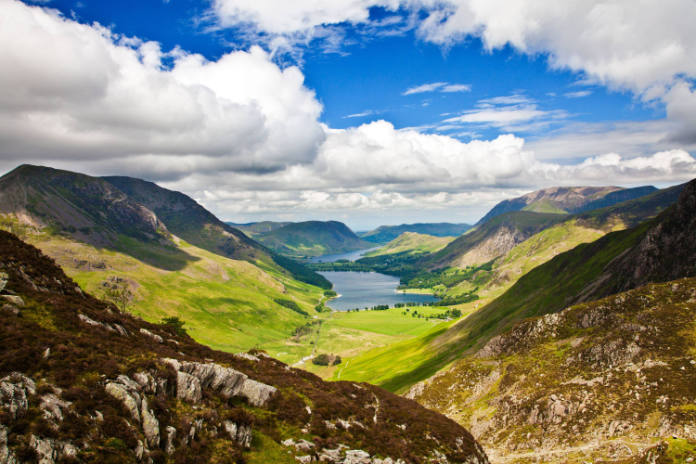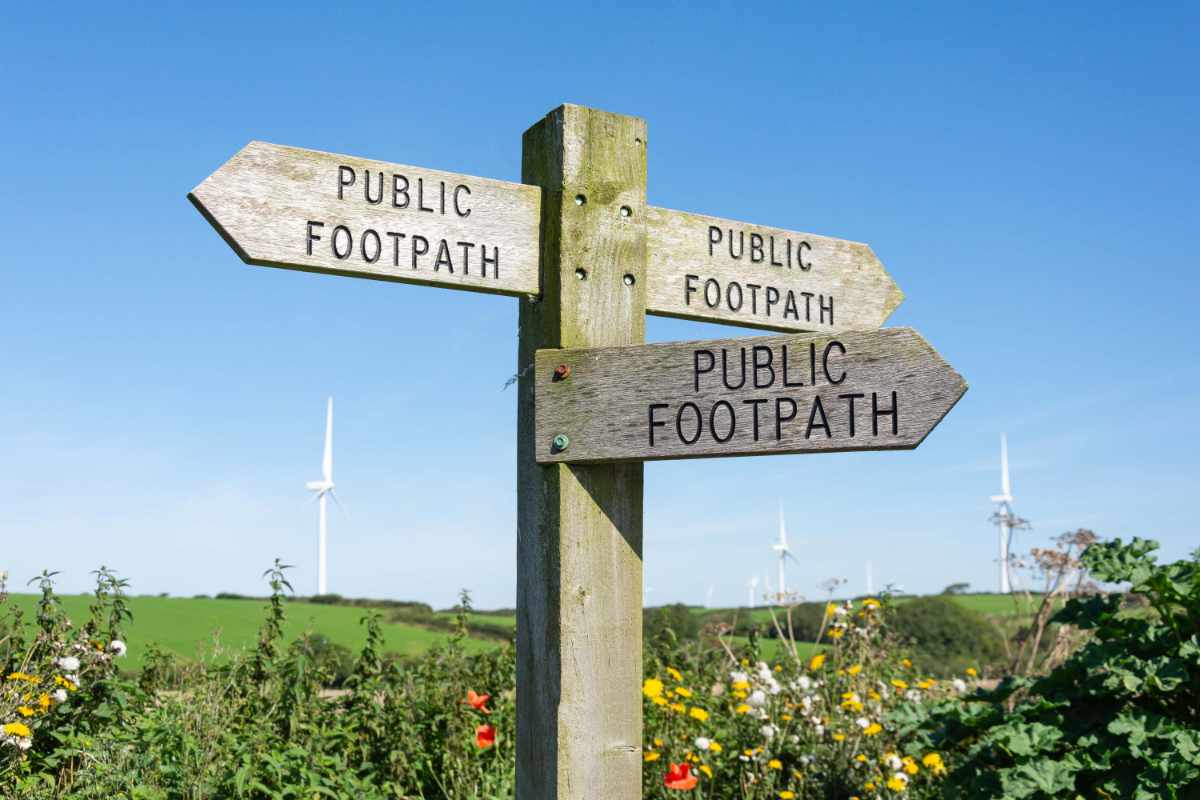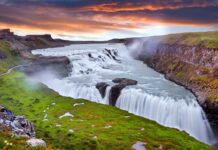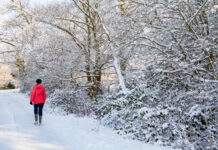If you had to pick one part of the UK to head for a weekend away, the Lake District would be the first place on a lot of people’s lips. The national park in Cumbria has seen vast visitor spikes since the lifting of lockdown, thanks to an influx of internal tourists keen to cast off cabin fever and avoid tricky international travel.
It’s good news for the Great British summertime, and for local B&B owners, but the landscape itself is suffering from too much of a good thing. Often overburdened by visitors even pre-Covid, the Lake District already has a organisation called Fix The Fells, set up in 2001 to limit the damage doled out to the environment.
“The pandemic has led to people really appreciating the outdoors,” says programme manager Joanne Backshall, “and that’s all great, we’re not about stopping that. We’re just about managing the impact that it has on the landscape.”

Footfall alone can be a problem for vulnerable parts of the countryside, and footpaths have born the brunt of the Lake District’s popularity, so it’s as much about where you go and when as it is what you do there.
“Avoiding the busiest spots at the busiest times is the simplest way to ease the burden,” says Gemma Cantelo, head of policy and advocacy for Ramblers UK. “Honeypot locations like the Lake District are understandably popular, but now we’re able to travel a further afield again, it’s worth seeking out other places.”
“Not only will you cause less damage, but you’ll have a more peaceful and relaxing walk and discover somewhere new.”
View this post on Instagram
Even if the Lake District is your long weekend of choice, you can shun the most oversubscribed lakes and fells. Lake Windermere may be stunning, and conquering Scafell Pike may be satisfying, but the region is packed with natural features that are just as beautiful, if less well-known.
Littering is the cardinal sin for the casual walker – just don’t do it – and there are also several more direct ways you can limit your impact while rambling. “Take your litter home, leave gates as you find them, and stick to marked paths on farmland or in National Parks,” says Cantelo.
Avoid really muddy paths and areas if you can – a clear sign of vulnerability and damage – and do not stage impromptu barbecues in dry, brushy areas.
View this post on Instagram
If you want to do more, organisations like Ramblers also take more direct action to help the countryside heal. “Many of our groups regularly carry out litter picks,” says Cantelo, “and 150 volunteer path maintenance teams across the UK work hard to keep paths clear and accessible for everyone.”
She is certainly not encouraging anyone to stay cooped up in their homes. “It’s been wonderful to see so many people enjoying walking over the past year,” she says, “now it’s more important than ever that we all play our part to look after the places we love to walk.”





























































